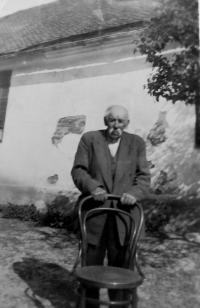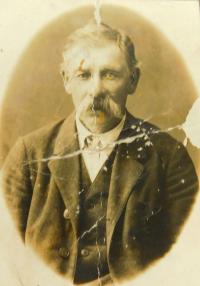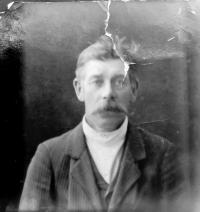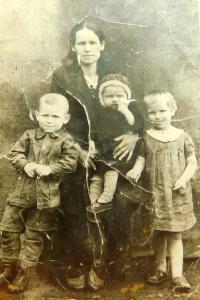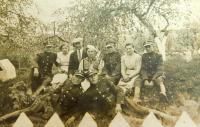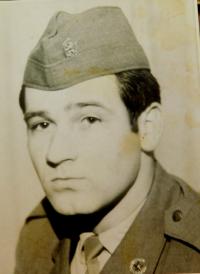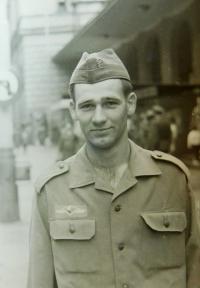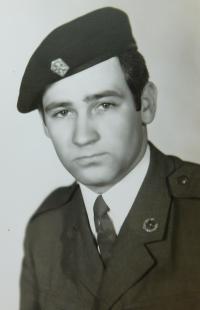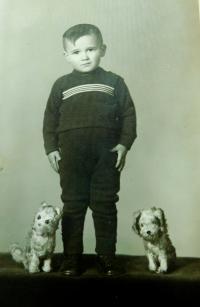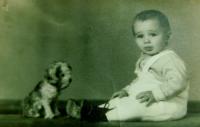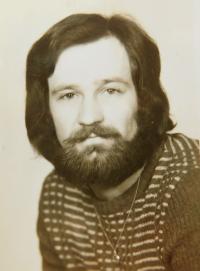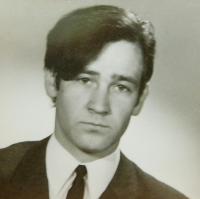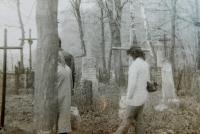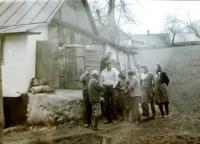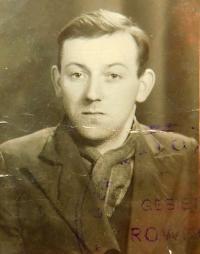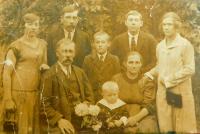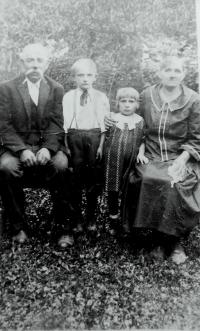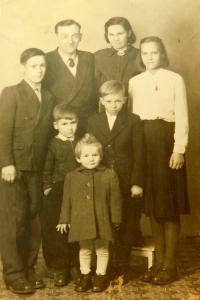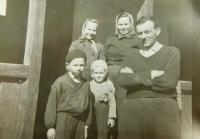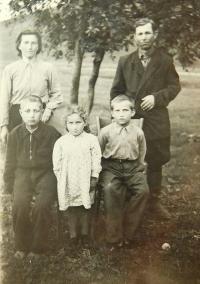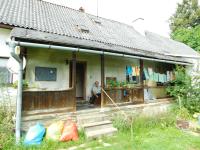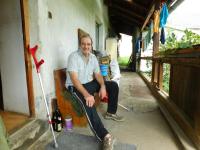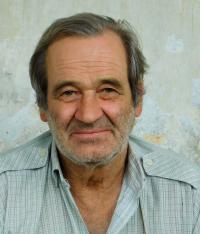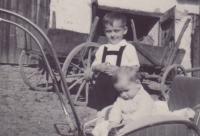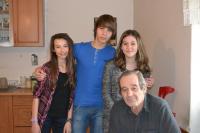The last kulak

Download image
Miroslav Liška was born on 3 November 1949 in Horní Libina as the fourth of six children of Jan and Alexandra Liška. His parents came from Podlísky, Volhynia; they remigrated to Czechoslovakia in 1947. They settled down in Horní Lbina, where they tended to 8.9 hectares (22 acres) of their own farmland. However, a united agricultural cooperative was founded in the village in 1950. Influenced by his experience with the founding of kolkhozes in the Soviet Union, his father also joined the cooperative. He left and returned to private farming after two years. He had to deliver farming produce quotas that were triple the rate per acre compared to the local cooperative. Even so, he resisted this pressure until 1974, when he took up a disability pension due to war wounds that he suffered while fighting for Dukla Pass. His father’s conflict with the Communist regime influenced Miroslav’s childhood. Compared to his peers, he had to spend all of his free time working on the farm, and he had difficulties getting accepted to any field of study outside of agriculture. In the end he trained as a bricklayer and worked at OSP Šumperk (District Construction Enterprise Šumperk) for many years. After the fall of Communism and the dissolution of the district construction enterprise, he took to business for a few years. He led a group of labourers - they did digging work for telecommunication lines and later also construction work. He has been retired on a disability pension since 2003. Miroslav Liška still lives at the family farm in Libina.
